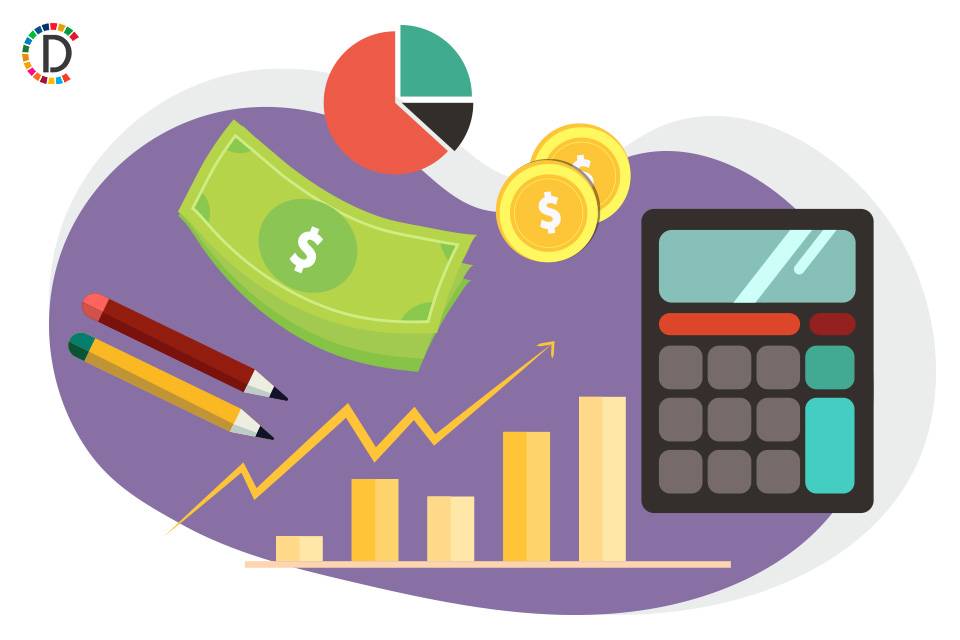Sterling holds steady as markets await Fed decision
"HSBC Economics expects the BoE to begin cutting rates in June, which should start mechanically compressing the nominal yields of the currency versus those that are not rushing to cut." Data on Wednesday showed that British house prices fell unexpectedly for a second month running during April, pointing to some moderation in the recent recovery in housing market activity.

The pound held steady on Wednesday as traders waited for the Federal Reserve's interest rate decision later in the day for hints about when U.S. borrowing costs might start to fall.
Sterling was last effectively unchanged from Tuesday at $1.2488, after falling 0.55% the previous day as the dollar rallied on the back of strong U.S. economic data. The euro was also roughly flat at 85.46 pence, within the tight range it has traded in since the start of the year.
Global markets were relatively subdued, with traders off for May Day or International Workers' Day in many countries. The Fed announces its decision at 2 p.m. ET (1800 GMT) and is widely expected to leave rates at 5.25% to 5.5%. Investors' focus will be on Chair Jerome Powell's comments on the recent string of stronger-than-expected economic data, which could influence the dollar and global currency markets.
Data on Tuesday showed that growth in U.S. labour costs accelerated in the first quarter of the year, sparking a rise in U.S. bond yields and the dollar that weighed on sterling, the euro and other major currencies. The pound has fallen 1.9% this year as the dollar has risen, although it has outperformed the euro's 3.4% drop thanks partly to a stronger economy and price pressures.
Traders on Wednesday pushed back their expectations for the first Bank of England interest rate cut so that they no longer fully expect one by September, in the wake of Tuesday's U.S. data. Analysts say other major central banks will find it more difficult to cut interest rates if the Fed is leaving them on hold, not least because it could trigger a sharp drop in their currencies.
"The start of the BoE's rate-cutting cycle should see GBP weaken," said Paul Mackel, head of FX research at HSBC, in a note. "HSBC Economics expects the BoE to begin cutting rates in June, which should start mechanically compressing the nominal yields of the currency versus those that are not rushing to cut."
Data on Wednesday showed that British house prices fell unexpectedly for a second month running during April, pointing to some moderation in the recent recovery in housing market activity. Separate data showed British manufacturing fell back into contraction in April, although sterling showed little discernible reaction.
(This story has not been edited by Devdiscourse staff and is auto-generated from a syndicated feed.)
ALSO READ
MORNING BID EUROPE-Fed day focus is on what Jay says
US lawmaker probes FTC work with Europe to block Amazon iRobot merger
Entertainment News Roundup: Lily Gladstone returns to Cannes as jury member; All you need to know about Eurovision 2024 and more
FACTBOX-Spain's BBVA offers 12 bln euros to win over Sabadell
FACTBOX-Spain's BBVA offers 12 bln euros to win over Sabadell










